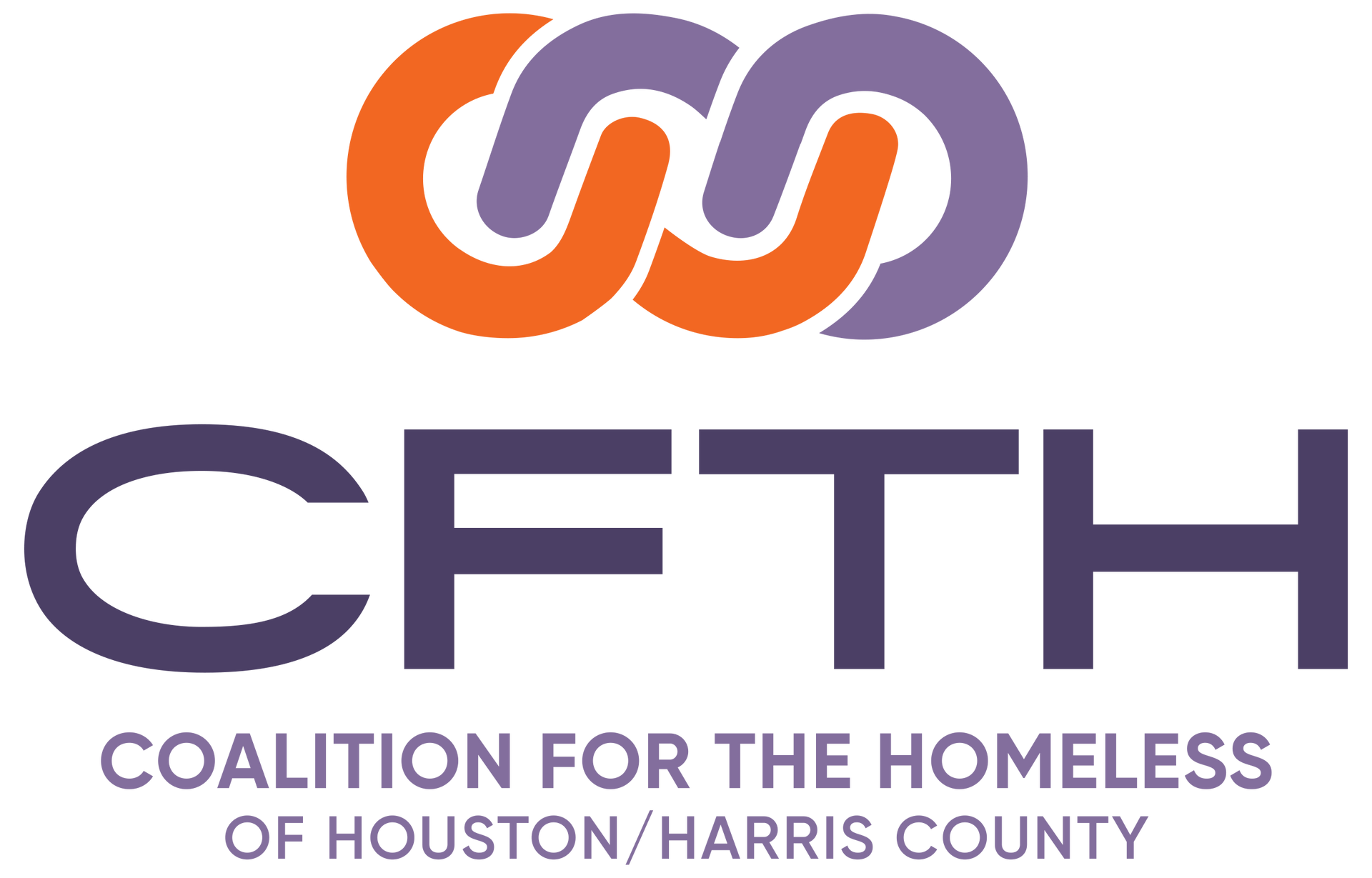Weather Emergencies and
Disaster Preparedness
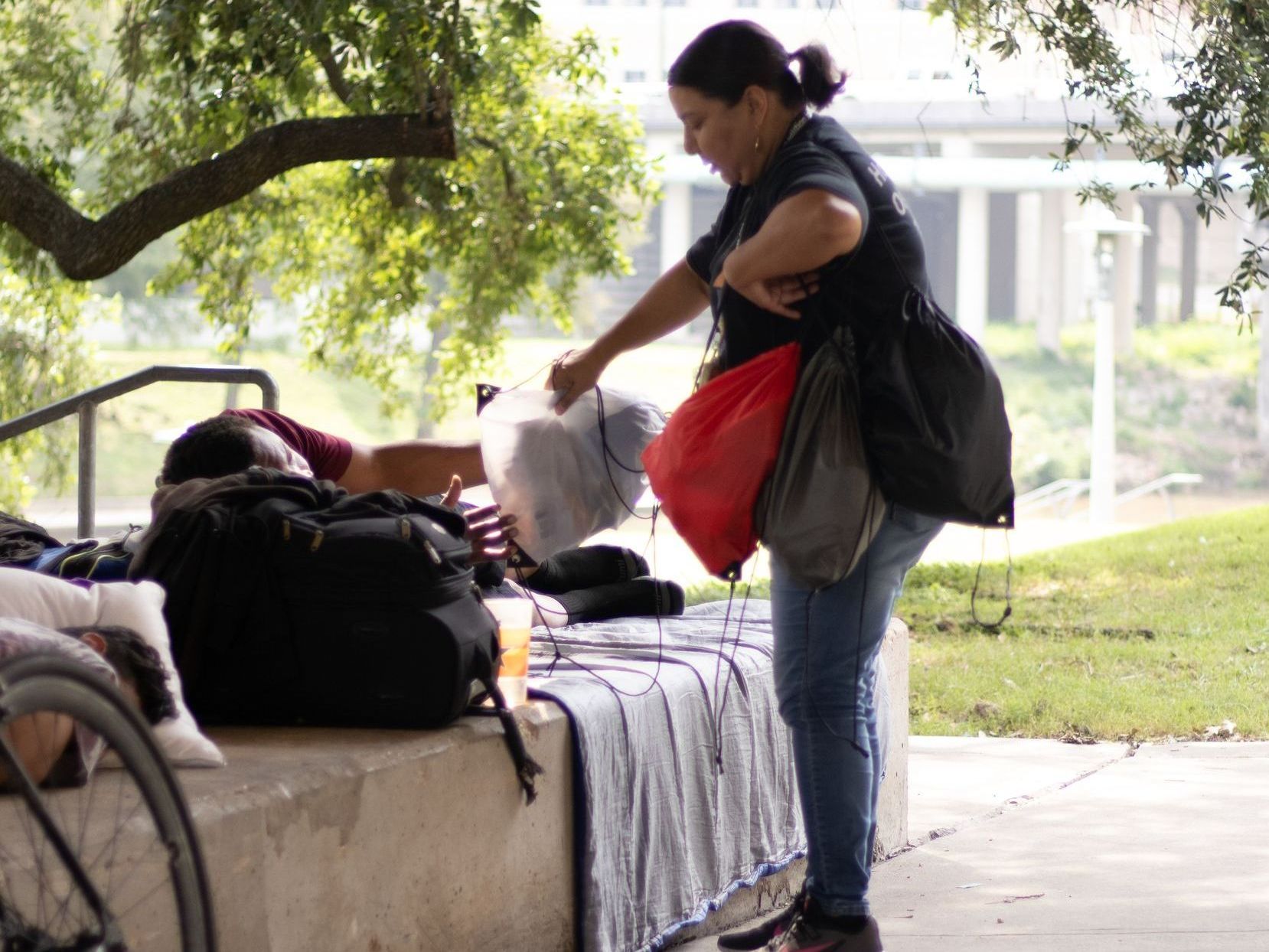
Supporting Our Community Through Every Storm
During hurricanes, freezes, heatwaves, and other weather emergencies, CFTH works behind the scenes to support our region’s homeless response system with coordination, communication, and resource-sharing.
Our Role in Weather Emergencies
Supporting A Coordinated Response
CFTH plays a key coordination role during weather emergencies. We are not emergency responders but we do support the homeless response system by ensuring clear communication, distributing essential supplies, and connecting people and partners to available resources.
During weather emergencies, CFTH helps the system prepare, respond, and recover by:
- Communicating with outreach providers, shelters, and public agencies
- Sharing timely information with the public and service providers
- Working closely with local officials and emergency management
- Ensuring outreach teams have the supplies and information they need
- Compiling post-event reports to improve future responses
We do this to ensure people experiencing homelessness are not left behind during severe weather while keeping the safety of outreach staff and individuals front of mind.
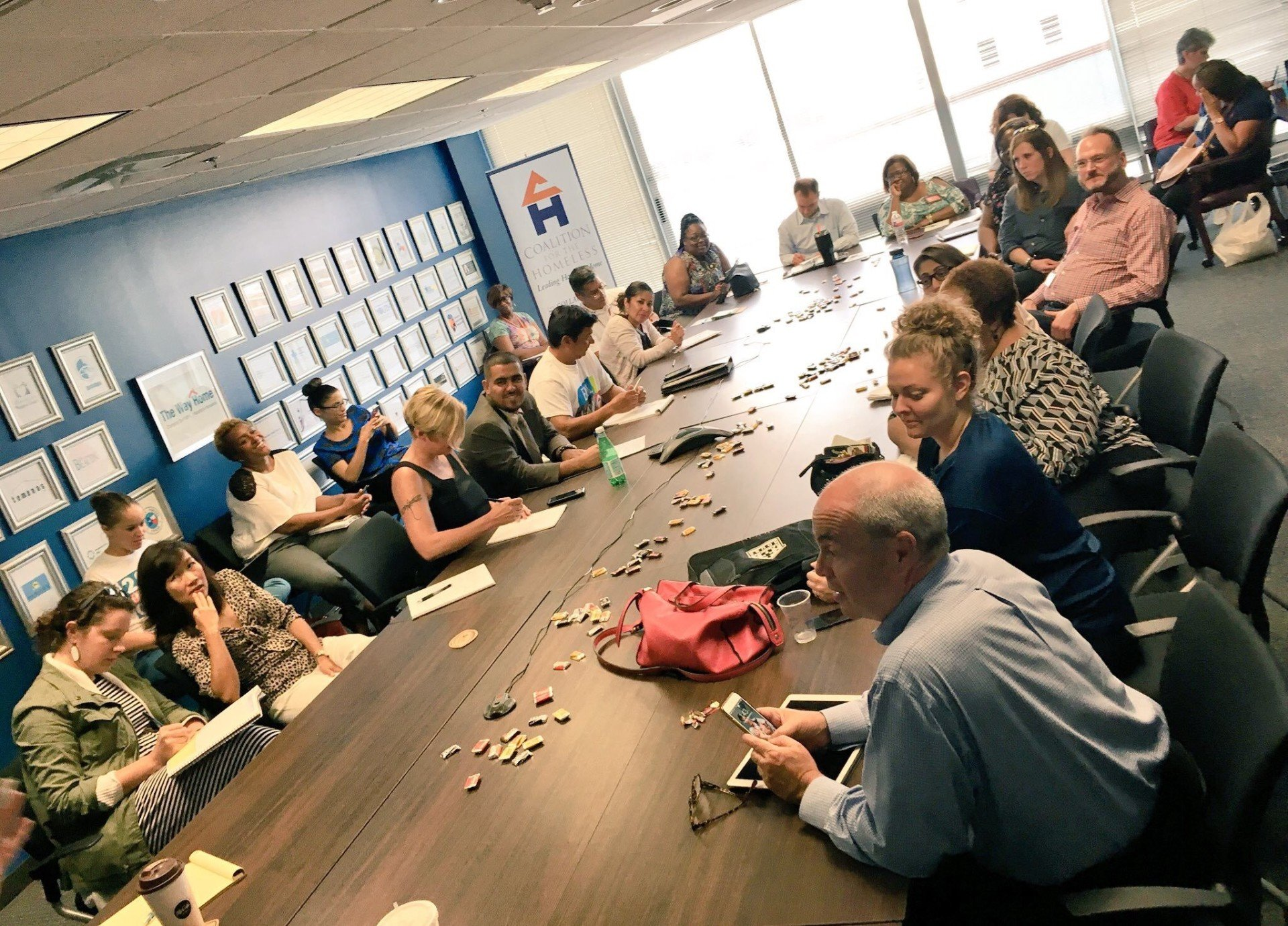
What Happens Before, During and After a Weather Event
Coordinating Care Throughout
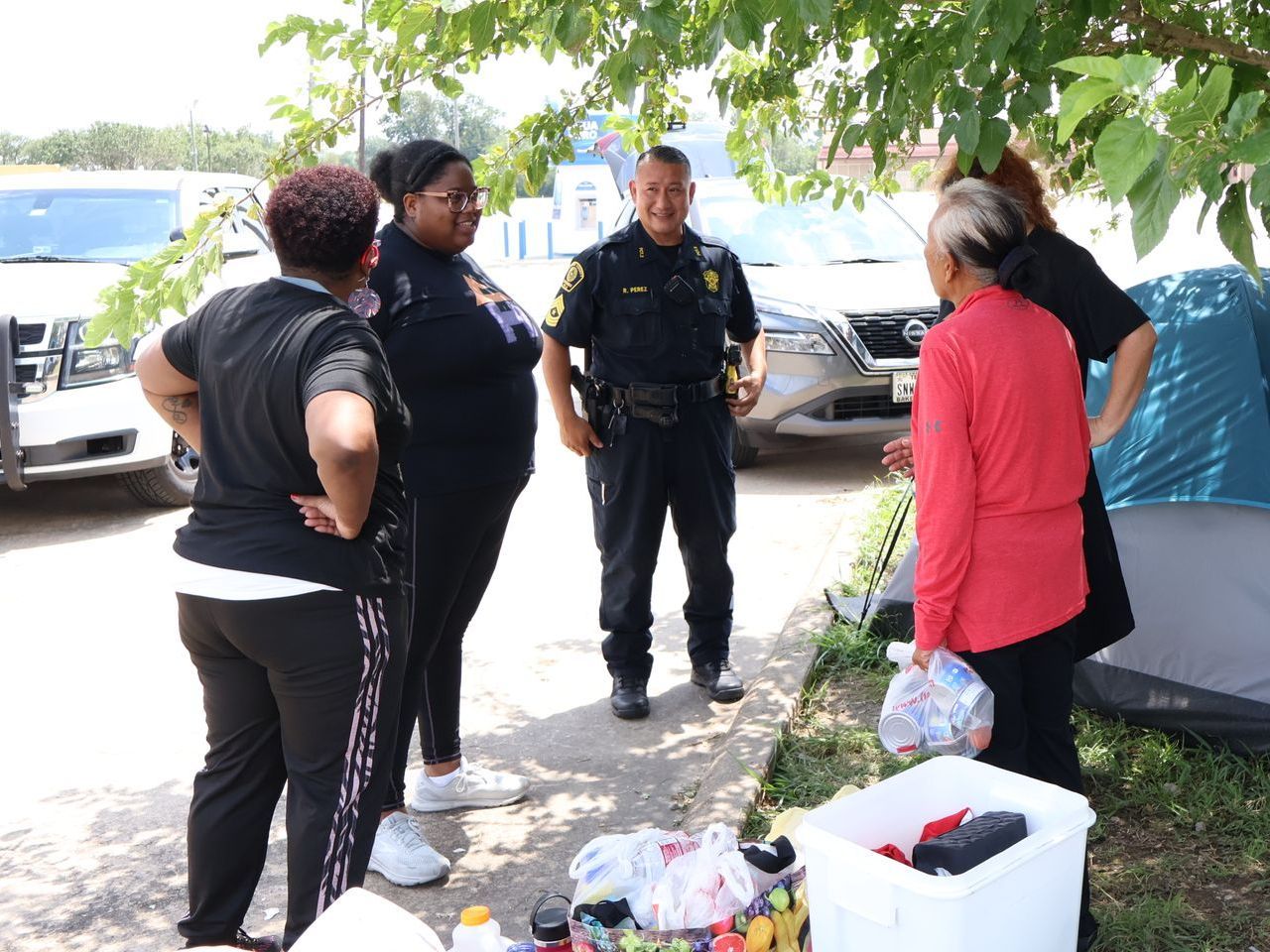
Before the Event
- Coordinate City and County officials, including their respective Office of Emergency Management
- Share weather-specific guidance with partners
- Support outreach teams in distributing supplies (blankets, water, etc.)
- Communicate known shelter and emergency options
During the Event
- Outreach teams continue engaging individuals, when it is safe to do so
- Staff help guide individuals toward known shelter options
- CFTH communicates system updates and shares accurate information
- Support partner operations
Note: We rely on our local government and emergency management offices to open emergency shelters. Most traditional shelters already operate near full capacity. While our teams continue to provide support, CFTH does not oversee operational updates or changes from other organizations or partners.
After the Event
- Collect data from providers and outreach teams
- Continued outreach to ensure client safety
- Assess gaps and challenges to improve future responses
- Share systemwide insights upon request
Weather Conditions We Monitor
What Type of Emergencies Do We Prepare For?
Our region experiences a wide range of extreme weather events, each requiring a tailored response. Our general protocol applies to situations including:
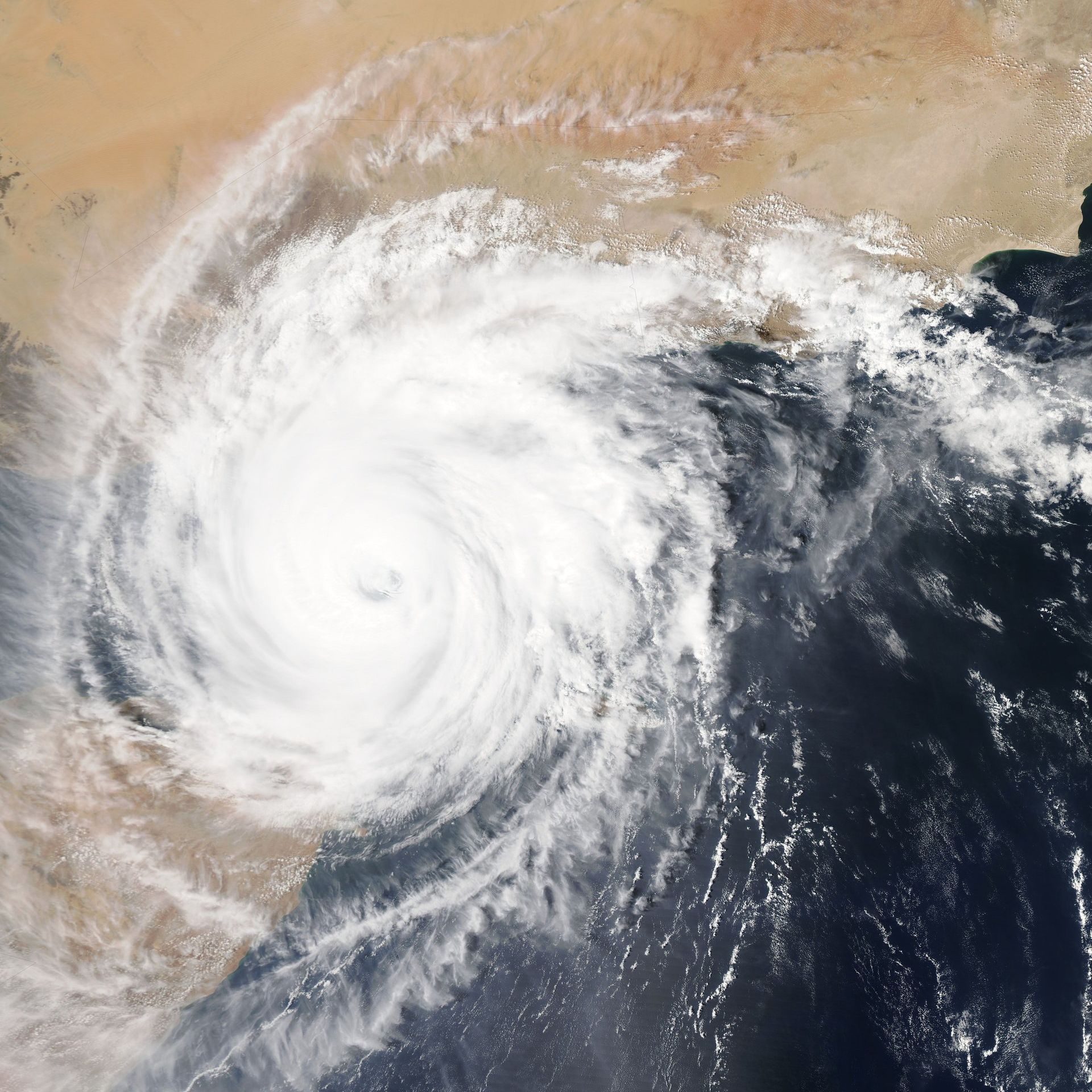
Hurricanes & Tropical Storms

Extreme Heat & Heat Advisories
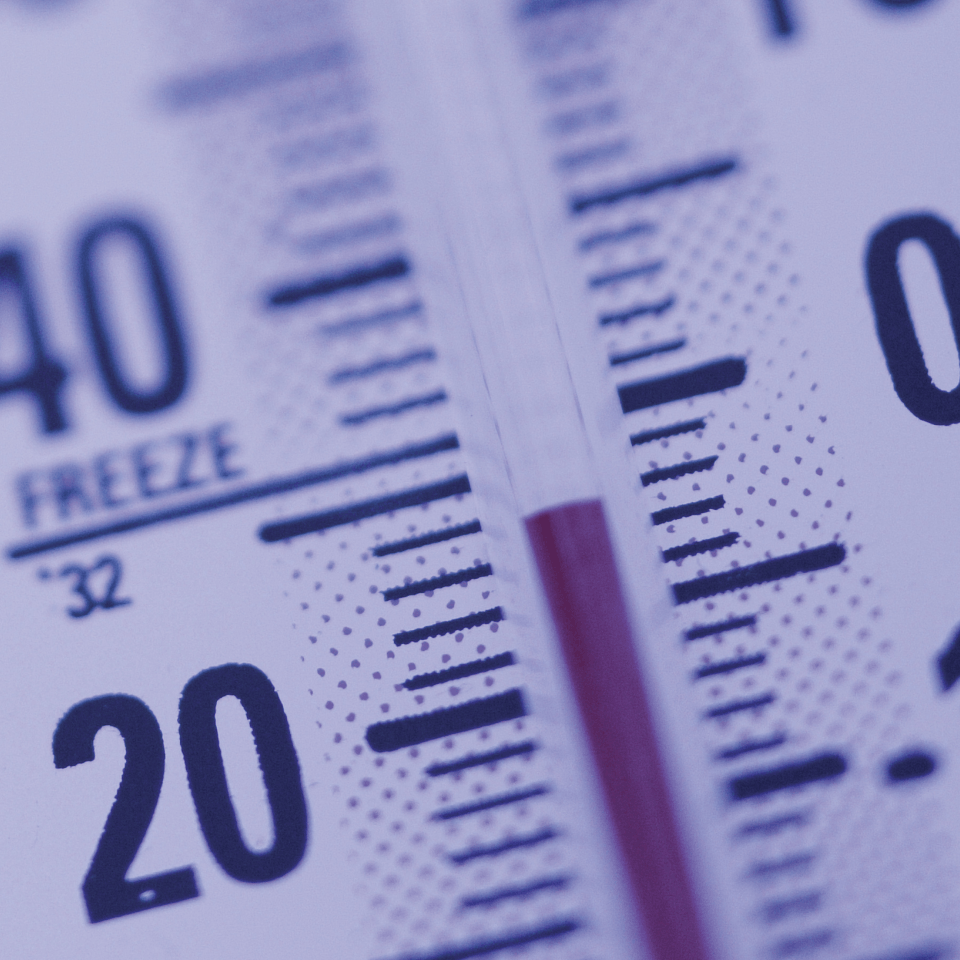
Freezing Temperatures

Flooding or Severe Thunderstorms
Each event is different and CFTH works with local government and partners to determine the appropriate level of response based on severity and available resources.
Stay Informed
Where to Find Emergency Information & Updates
When a weather emergency is active, CFTH posts real-time updates on our blog and social channels, including shelter locations and trusted resources from local governments and partners.
Click here for the latest updates.
Local Emergency Management Authorities
| Jurisdiction | Website | Twitter (for latest updates) |
|---|---|---|
| City of Houston | https://www.houstonoem.org/ | https://twitter.com/HoustonOEM |
| City of Pasadena | https://www.pasadenatx.gov/185/Emergency-Management | https://twitter.com/pasadenatxgov |
| Harris County | https://www.readyharris.org/ | https://twitter.com/readyharris |
| Montgomery County | https://mctxoem.org/ | https://twitter.com/MCOEM |
| Fort Bend County | https://fbcoem.org/ | https://twitter.com/fbcoem |
Other Resources
We highly recommend individuals call ahead to verify the availability of services. Individual organizations oversee their admittance policies of the service providers listed on the Street Guide.
Why This Work Matters Year-Round
How You Can Help
The Bigger Picture? No One Should Sleep Outside
Extreme weather brings greater visibility to the challenges of homelessness, but unsafe sleeping conditions exist year-round. Shelters in our region often operate near full capacity and cannot easily accommodate surges during an emergency. That’s why we rely on local OEM partners to establish emergency shelters.
We appreciate the public’s concern for those sleeping outside. But it’s important to understand:
- Outreach teams are not emergency responders and cannot force or transport people to shelter.
- The safety of outreach staff is a priority, and they are only deployed when conditions allow.
- Long-term solutions, especially housing, remain the most effective way to protect people in any emergency.
Be Part of The Response
Your support helps CFTH coordinate and strengthen the homeless response system before, during, and after emergencies.
You can:
- Donate to support outreach coordination and supplies
- Share accurate, timely information
- Volunteer with service providers in your area
- Advocate for long-term housing solutions
